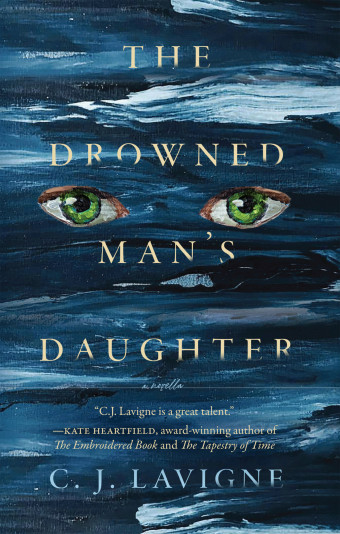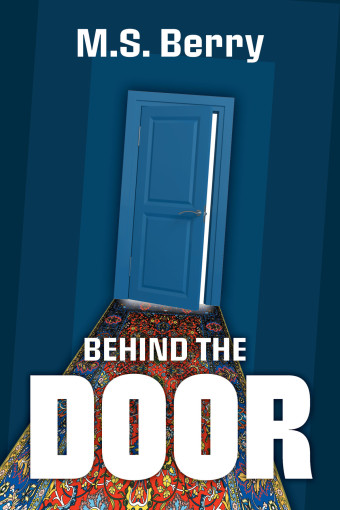Thyme Travellers: An Anthology of Palestinian Speculative Fiction is a powerful collection of works curated by writer and editor Sonia Sulaiman. The anthology features 14 short stories from the Palestinian diaspora featuring authors from all over the world, including Canada, Australia, and Lebanon.

- Thyme Travellers
- Sonia Sulaiman (Editor)
- Fernwood Publishing
- $24.00 Paperback, 162 pages
- ISBN: 978-17-73636-94-8
The title Thyme Travellers is itself an homage to Palestinian culture. “It came to me because za’atar, or wild thyme that grows in Palestine, is very important culturally. It has culinary and folkloric uses. There’s an old Palestinian short story collection called A Land of Stone and Thyme. And there’s the pun on time travel,” Sulaiman says.
Speculative fiction seemed an especially appropriate genre. Such works transport readers to altered, imagined, and future realities. “Consensus reality is tweaked, or deconstructed, in the speculative,” Sulaiman says. This enables readers to consider new realms of possibility while also reflecting on social and political issues in the real world.
There is also some debate as to whether all Palestinian fiction can be considered speculative because it often challenges the dominant consensus and reveals realities that have been erased and suppressed. “Anti-colonial histories: are they speculative by nature?” Sulaiman asks. “They often lie outside of what the majority believes to be true.”
The stories in Thyme Travellers are incredibly diverse, spanning various places and times. In “Soul Searching,” by Rana Othman, a high school student in a coma, has a chance to see life through the eyes of those around her.
In “Down Under,” by Jumaana Abdu, two Australian women attempt to tunnel to Palestine. In “The Generation Chip,” by Nadia Afifi, a woman visits a futuristic Mind Clinic in order to access her grandmother’s memories and learn more about her history.
Each story takes place in a unique world, yet they all incorporate common themes including isolation, displacement, and violence, themes that all readers can connect with.

While each of the stories is amazing in its own way, there is one that stands out for Sulaiman.
“Without a doubt, it’s ‘The Third or Fourth Casualty’ by Ziyad Saadi.” The short, poignant story follows a group of men from Gaza swimming in the sea, seemingly unaffected by their peers drowning around them. “This story about Gaza was so clear, so jagged. It’s a tragedy that goes right to the heart of indifference,” she says.
Spotlighting excellent Palestinian writers was one of Sulaiman’s overall goals. “I wanted this book to be a stage on which Palestinian writers could shine. I hope that readers will find new favourite authors, and become curious about what Palestinian writers are doing. It was important to me that this book not be about Palestine per se, but it is important to me that readers will honour our humanity,” she explains.
Sharing stories from the Palestinian diaspora is also important to Sulaiman, who hopes they will inspire readers to consider real issues and current events. “I do hope that the book encourages curiosity about Palestinian writers, and about Palestine. It wasn’t created to move, to humanize, or anything like that. But it’s always important to me that people remain curious and open-hearted.”













